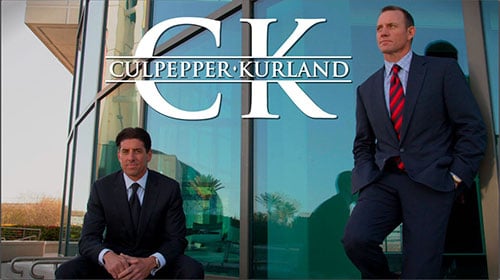Negligence should never lead to the loss of human life. Unfortunately, too many times it does. Perhaps even more unfortunate, when the death of someone in the custody of law enforcement officers occurs, such as recently happened in a Florida wrongful death case that led to an out-of-court settlement, getting anyone to admit to wrongdoing can be nearly impossible.
The 19-year-old son of a Florida family reportedly died while in custody at the Clay County Jail in March of 2013. According to the Clay County Sheriff’s Department, the man was arrested March 2 on a pair of misdemeanor charges following break-ins at a local motel where he was living. He reportedly had a history of mental health problems and may have suffered a psychotic break after smoking a synthetic form of marijuana that is now illegal. Ten days later, the man fought with sheriff’s deputies at the jail and was subdued with pepper spray, which produced excessive amounts of saliva. The man was restrained in a chair with a spit mask over his head. Witnesses say he was left unattended by jail personnel despite repeatedly claiming that he could not breathe and was suffering chest pains. He died shortly after.
The next day, the state’s medical examiner determined that the cause of death was asphyxiation and the circumstances constituted homicide. The wrongful death claim filed by the man’s family alleged that deputies in the jail were negligent in the treatment of their son from the day he was arrested to the day he died. The case recently ended with a $2.2 million settlement between the family and Clay County.
Losing a family member as a result of someone’s negligence can be overwhelming. Families who pursue wrongful death claims could receive financial compensation and justice on behalf of their loved ones.
Source: First Coast News, “Clay County agrees to $2.2 million payout in wrongful death lawsuit,” Anne Schindler, Nov. 13, 2014


